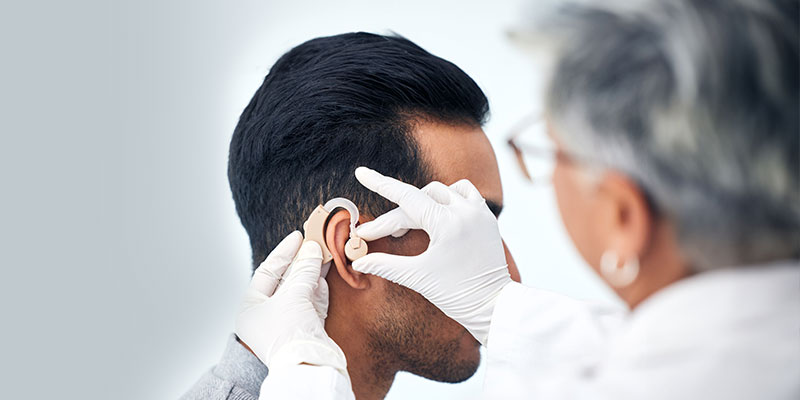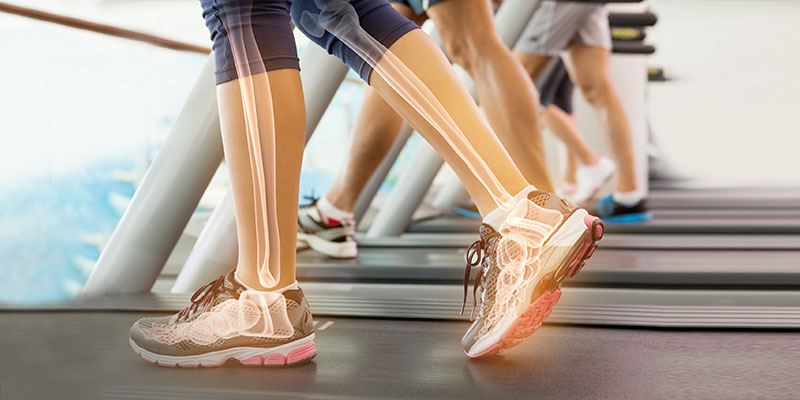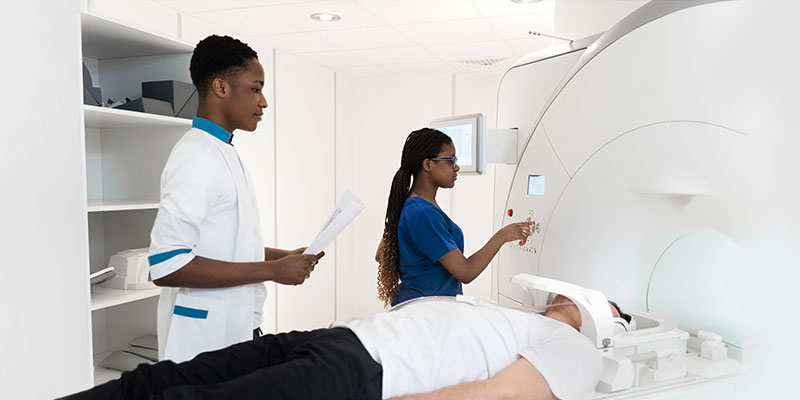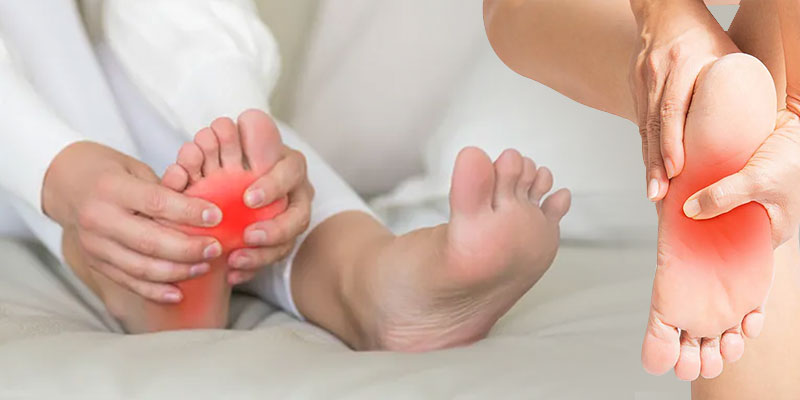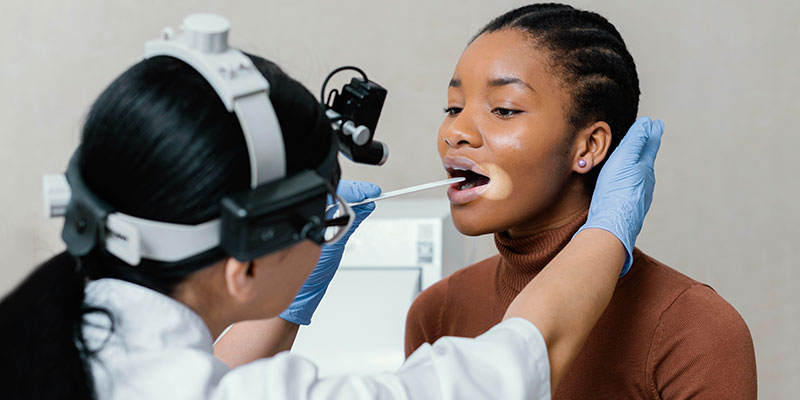A common belief about cholesterol is that it is bad for your health. You may have come across tips on social media to lower your cholesterol levels, however, what you may not know is that not all cholesterol is bad for your health. Let’s first understand what cholesterol is exactly? Cholesterol refers to the lipoproteins that your body produces. These lipoproteins can be of two types depending upon their density and structure -- low-density lipoproteins (LDL) and high-density lipoproteins (HDL).
Though LDL is required to ensure the proper functioning of your body, its higher levels can affect your health adversely and lead to critical conditions like a heart attack. Therefore, it is also known as “bad” cholesterol. On the other hand, HDL is known as “good” cholesterol since it promotes better health. HDL also checks the level of LDL in the body and prevents it from building up on the lining of the arteries. This further ensures your heart health and reduces the chances of medical emergencies such as stroke and heart attack.
Therefore, consider getting your cholesterol levels checked regularly by undergoing a lipid profile test. In case they surpass the healthy range, consult a doctor to get diagnosed, receive a treatment plan and find out the underlying condition if any.
Find below how you can increase HDL levels naturally and get a step closer to achieving a healthier body.
- Take a healthy diet
Your diet plays a crucial role in defining your health and wellbeing. Thus, avoid eating red meat and foods rich in sugar, salt, trans fats and saturated fats for improved heart health. Instead, add whole grains, beans, nuts, fruits and vegetables in an optimal amount to your daily diet. Additionally, consuming avocados and olive oil also promotes heart health since they can help boost your HDL cholesterol levels.
- Stay physically active
Performing physical activity regularly can help lower your LDL levels while improving the levels of “good” cholesterol. Therefore, consider getting at least 30 minutes of exercise five times a week to take care of your heart health. You may go for any activity of your preference like cycling, swimming, jogging or dancing. However, make sure your fitness routine is vigorous enough to raise your heart rate.
- Quit smoking
Smokers are prone to have lower levels of HDL cholesterol which cannot protect their blood vessels from damage. This can amplify the chances of developing heart disease. Therefore, try to quit smoking as soon as possible. You may consult a general physician, a health coach or a counsellor to get assistance.
- Limit your alcohol consumption
Drinking alcohol in excess can increase the risk of heart diseases exponentially. However, drinking in moderation may not pose any risk to your health. In fact, a study found that consuming alcohol in a limited amount may raise your HDL levels to a small extent.
The Bottom Line
If your cholesterol levels are beyond the suggested limits, your doctor may prescribe you certain supplements in addition to the above-mentioned lifestyle changes to check the same. Get tested at HJ Hospitals today as we house a state-of-the-art diagnostic centre that provides you with accurate and precise results every time. The centre is equipped to conduct diagnostic tests ranging from complete haemogram test, lipid profile test, CT scan, ECG, EEG to MRI and ultrasound. Schedule your appointment today.






 Mar 01, 2021
Mar 01, 2021 Admin
Admin






